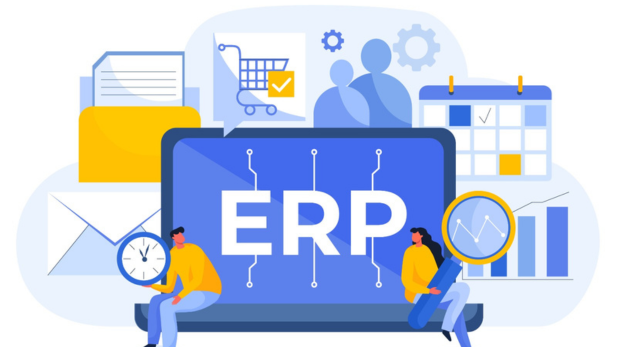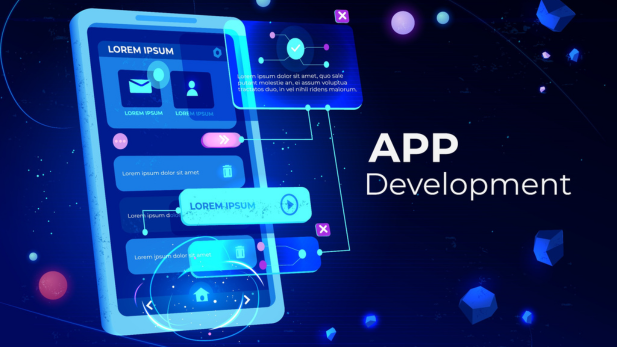
Running a growing business means juggling multiple departments, workflows, and tools. As operations expand, relying on spreadsheets or disconnected systems quickly becomes inefficient and prone to errors. This is where Enterprise Resource Planning (ERP) software can become a game changer—by unifying and optimizing core business functions under one centralized platform.
1. Centralizes Business Data
An ERP system integrates key functions like finance, inventory, HR, sales, and supply chain management into a single source of truth. This eliminates data silos, reduces duplication, and ensures all departments work with accurate, real-time information. Companies that have adopted centralized ERP platforms—such as those developed by Tronsoftech Pvt Ltd—experience improved collaboration and a smoother information flow across teams.
2. Improves Workflow Efficiency
ERP software helps standardize and automate processes across departments. Whether it’s order processing, payroll, or procurement, ERP systems minimize manual entry and reduce approval delays. Firms like Tronsoftech design ERP solutions that are customized to align with a company’s existing workflows while streamlining operations for greater efficiency.
3. Enhances Inventory and Supply Chain Management
ERP platforms offer real-time visibility into stock levels, supplier activities, and delivery schedules. This helps businesses avoid stockouts or overstocking, optimize order cycles, and respond faster to supply chain disruptions. Businesses in sectors like retail, manufacturing, and distribution often turn to end-to-end ERP systems—such as those implemented by Tronsoftech—to gain tighter control over inventory and procurement.
4. Strengthens Financial Management
By integrating accounting modules with other business functions, ERP systems automatically update financial records in real time. This reduces human error, speeds up month-end closing, and ensures compliance with regulatory standards. Tronsoftech’s ERP solutions are built to support accurate budgeting, expense tracking, and tax management, all from a unified platform.
5. Enables Data-Driven Decisions
Modern ERP software includes robust analytics and reporting capabilities. Decision-makers can view dashboards, generate customized reports, and monitor key performance indicators (KPIs) to make strategic business decisions. ERP solutions developed by Tronsoftech Pvt Ltd are often equipped with real-time data visualization tools, empowering leaders to respond proactively to changing business conditions.
6. Reduces Operational Costs
Through process automation and better resource allocation, ERP systems reduce administrative overhead and operating costs. By streamlining everything from payroll to procurement, businesses can redirect resources to higher-value activities. Tronsoftech’s clients, for example, have reported significant savings and productivity gains after ERP implementation.
Conclusion
ERP software is no longer exclusive to large enterprises. Cloud-based, modular ERP systems make it accessible and scalable for small and mid-sized businesses too. By unifying operations under one intelligent system, companies can boost efficiency, reduce costs, and position themselves for sustainable growth. Organizations seeking reliable, tailored ERP solutions often turn to experienced providers like Tronsoftech Pvt Ltd, known for delivering systems that adapt to business needs and drive real results.


